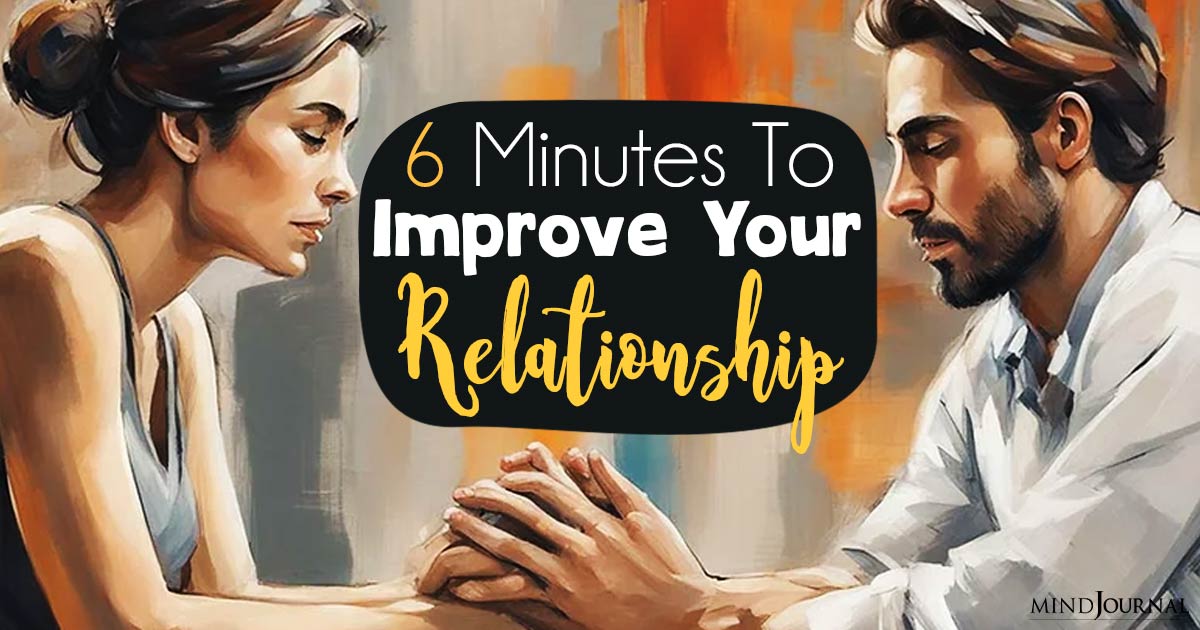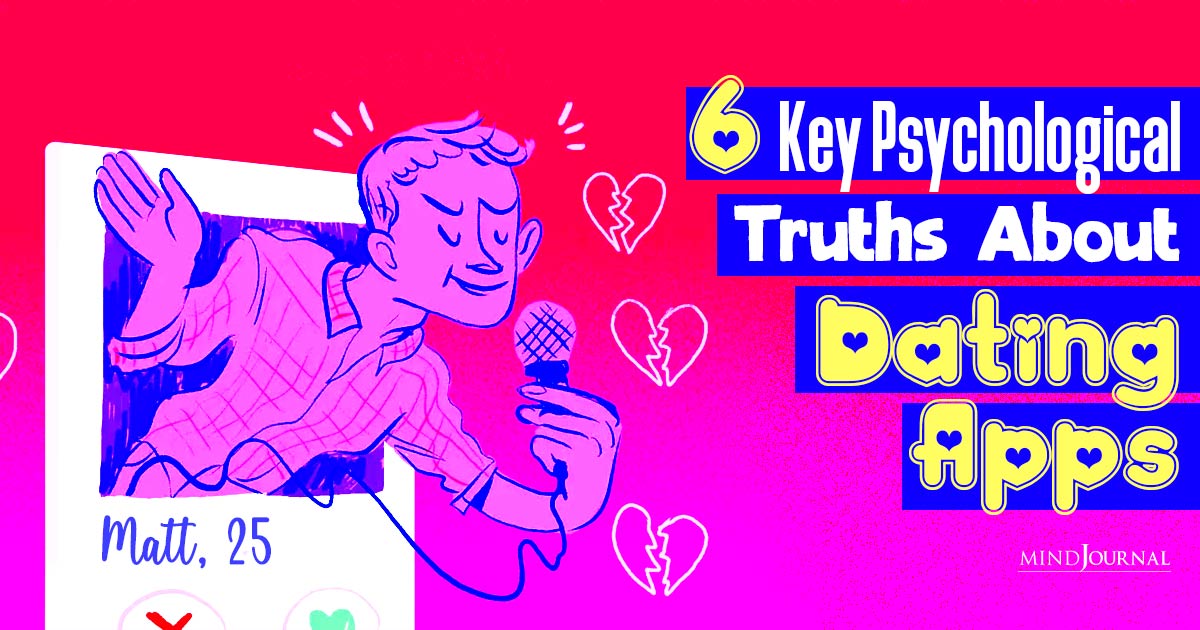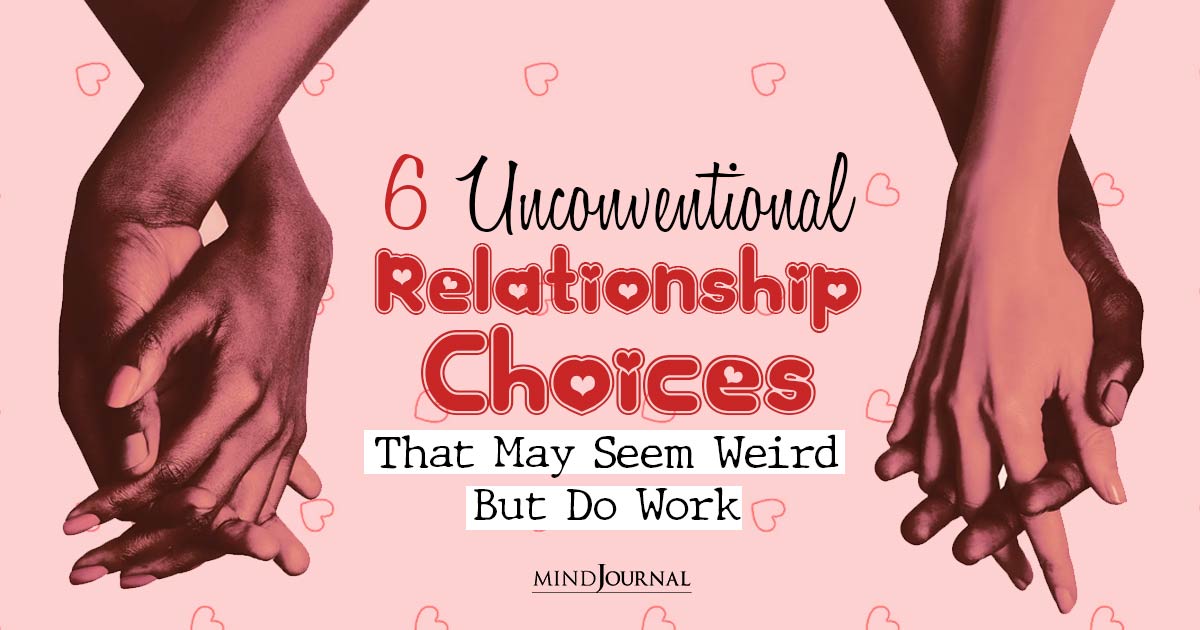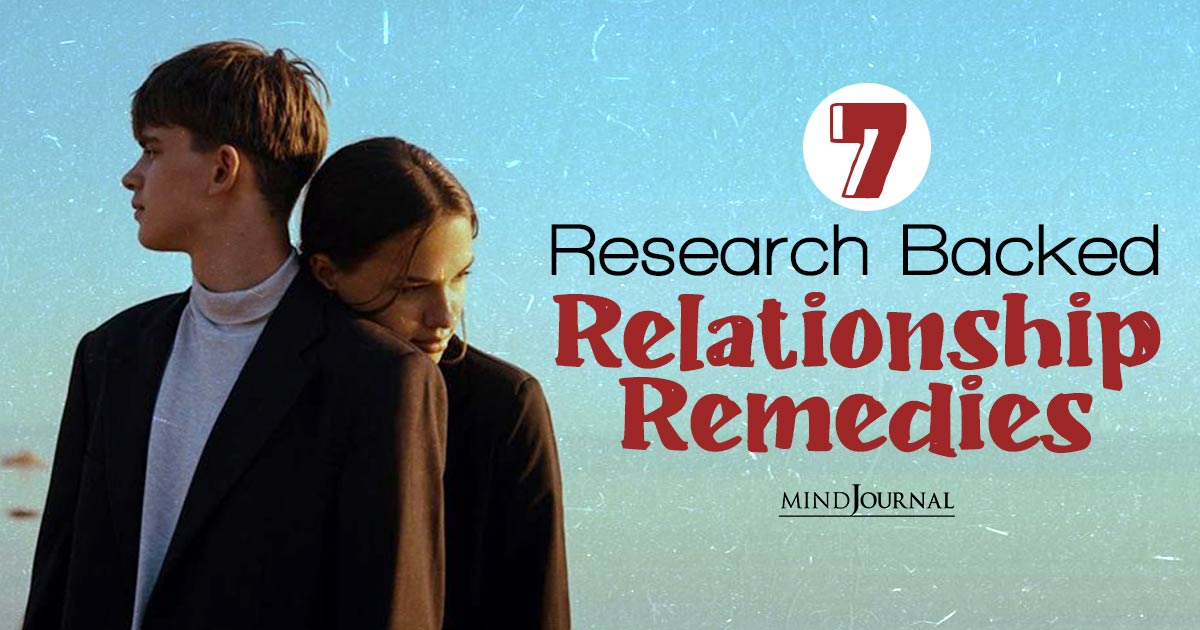Few topics lead our hearts to race like the topic of infidelity. Cheating is common. Research indicates that cheating occurs in up to 20% of marriages (Blow & Hartnett, 2005) and up to 70% of unmarried partnerships (Wiederman & Hurd, 1999).
Infidelity is incredibly painful and disruptive. In fact, it is one of the most common reasons given as the cause of divorce (Scott, Rhoades, Stanley, Allen, & Markman, 2013). Whether cheating marks the end of a relationship or the beginning of a journey toward rebuilding, the pain of infidelity lingers.
We have heard the adage, “Once a cheater, always a cheater,” but how true is it? Researchers have found that people who report cheating in a previous relationship are three times more likely to cheat in a subsequent relationship (Knopp, Scott, Ritchie, Rhoades, Markman, Stanley, 2017), so dating someone with a history of cheating is certainly cause for concern.
However, I firmly believe that none of us can be defined by our worst behaviors. What marks the difference between someone who continues cheating and someone who uses their painful behavior as a catalyst for growth and healing? Willingness to practice relational self-awareness.
Related: How Past Experiences With Infidelity Influence Our Present Beliefs
Relational self-awareness (RSA) is the ongoing practice of understanding who you are in the context of your intimate partnerships. It is about understanding your relational beliefs, formed by the family you grew up with, your cultural context, personality, and life experiences, as these guide your relational behaviors.
Without relational self-awareness, we remain stuck, doomed to repeat our mistakes. With relational self-awareness, our mistakes become what I call FGOs (effing growth opportunities!). If your partner has a history of cheating, the two of you must figure out how committed your partner is to practicing relational self-awareness. RSA shapes the stories we tell about our lives, so look at the story your partner tells about their cheating.
I am going to highlight two low RSA stories and one high RSA story.
Low RSA Story #1: The Blame Game
“My ex was crazy. You would have cheated on them too. The relationship was so toxic and it needed to end. I was unhappy, so of course, I looked elsewhere.”
Relational self-awareness is about taking responsibility for ourselves in the service of growth and healing. By blaming a difficult partner or an unhappy relationship, this person will be unable to integrate the cheating chapter into the larger story of their life.
They won’t learn from the transgression, creating a risk of repeating the same mistake.
Low RSA Story #2: The Shame Game
“I can’t talk about it because it makes me feel like a bad person. I just have to move on.”
The opposite of blame (“It’s all their fault”) is shame (“It’s all my fault”). Like blame, shame will prevent your partner from integrating their mistake into a larger understanding of who they are as a person.
The experience is shoved in a box labeled “danger! Do not open!” That which is cordoned off remains very much alive and at risk of wreaking havoc.
Related: Is Your Partner A Potential Cheater? Take This Infidelity IQ Quiz To Find Out
High RSA Story: Self-Compassion Meets Accountability
“I cheated in my last relationship. When the infidelity came to light, I was deeply ashamed and confused about my behavior, so I did work (for example therapy, reading, support groups) and began to understand why I was vulnerable to betraying my partner’s trust. I recognize now that I was acting out from a place that was unhealed inside of me.
I am committed to living differently now. I know to turn toward my partner when I am upset so that resentment cannot creep in. I practice healthy boundaries. I have a deep relationship with and acceptance of my sexuality. I understand this aspect of my past is upsetting for you, so I am willing to continue to talk about it. I also feel clear that my self-awareness and humility inoculates us.”
There is a risk in choosing to partner with someone with a history of infidelity, so your fear is understandable. Your job is to avoid being accusatory and judgmental, as this is likely to put your partner on the defensive and keep you from getting the reassurance you need.
The goal is to create a conversation with your partner that positions the two of you shoulder-to-shoulder looking together at the question, “How will we cultivate an atmosphere that promotes the values of respect, security, and integrity?”
Use the discussion questions below to guide your conversations.
Discussion Questions:
1. How much remorse do you feel for your past cheating?
2. How much responsibility do you take for your behavior?
3. To what degree have you forgiven yourself?
4. What have you learned about yourself from the experience of cheating?
5. How do you define fidelity?
6. How committed are you to practicing fidelity?
7. What do you do to ensure you stay in your integrity?
8. When do you feel most connected to me? Least?
9. To what degree do the people in your life (family, friends, coworkers) support your commitment to fidelity?
10. What can I do to support your commitment to fidelity?
Related: Infidelity 101: What Type Of Person Gets Cheated On Most Often?
The answers to these questions can help you to determine a clear path forward where you both feel confident about your future together.
References:
Blow, A. J., & Hartnett, K. (2005). Infidelity in committed relationships II: A substantive review. Journal of Marital and Family Therapy, 31(2), 217–233. doi:10.1111/j.1752-0606.2005.tb01556.x. Knopp, K., Scott, S., Ritchie, L., Rhoades, G. K., Markman, H. J., & Stanley, S. M. (2017). Once a Cheater, Always a Cheater? Serial Infidelity Across Subsequent Relationships. Archives of Sexual Behavior, 46(8), 2301–2311. https://doi.org/10.1007/s10508-017-1018-1 Scott, S. B., Rhoades, G. K., Stanley, S. M., Allen, E. S., & Markman, H. J. (2013). Reasons for divorce and recollections of premarital intervention: Implications for improving relationship education. Couple & Family Psychology, 2(2), 131–145. doi:10.1037/a0032025. Wiederman, M. W. (1997). Extramarital sex: Prevalence and correlates in a national survey. Journal of Sex Research, 34(2), 167–174. doi:1
Learn to create the healthy, thriving intimate you’ve always dreamed of with Alexandra’s Intimate Relationships 101 E-course.
Written By Alexandra Solomon Originally Appeared On Psychology Today









Leave a Reply
You must be logged in to post a comment.